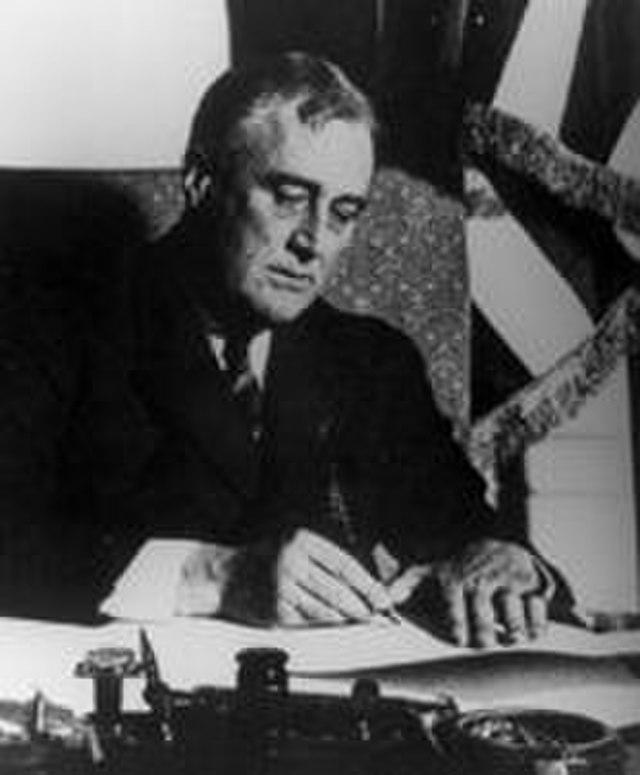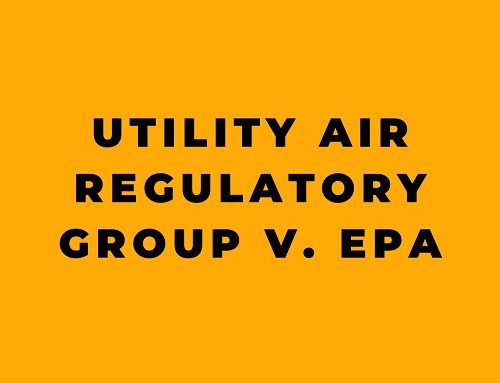The Walsh-Healey Act, colloquially referred to as the Public Contracts Act was instituted by Congress in 1936. This legislation serves a crucial role for workers nationwide: safeguarding their rights and providing them with environments where they can work without worry of safety risks or health hazards.
In response to widespread issues concerning the labor conditions of those employed in government contract work, Congress passed the Walsh-Healey Act to protect their rights and ensure safe working environments. This critical piece of legislation was needed because individuals engaged in this employment often experienced dangerous, hazardous situations without legal recourse or protection.
The Walsh-Healey Act has enforced several rigorous safety regulations that employers involved in government contracts must abide by. These standards necessitate the provision of suitable lighting, ventilation, and sanitation facilities, as well as for machinery upkeep. This allows these businesses to operate efficiently while remaining compliant with official protocols.
The Act obligates employers to furnish their workers with personal protective equipment and apparel, as well as guarantee that employees are equipped with the necessary knowledge of any possible hazards they may confront in their job. Additionally, it is incumbent on employers to keep meticulous records on accidents or illnesses which occur at work while giving speedy medical attention if an employee is hurt when working.
By establishing strict safety standards, the Walsh-Healey Act has drastically improved the health and well-being of workers employed in government contracts. This bill is an essential element of providing safe working conditions for all American employees and continues to make a significant impact on workplace safety nationwide.
The Walsh-Healey Act required that all contracts with any part of the U.S. government for goods or supplies worth at least $10,000 must state that:
- the supplier was a manufacturer or regular dealer in the supplies;
- all people employed in making or furnishing the supplies would be paid no less than what the Secretary of Labor had previously determined to be the “prevailing
- minimum wages for persons employed on similar work or in the particular or similar industries or groups of industries currently operating in the locality” where the supplies were made or furnished;
- no one employed in making or furnishing the supplies would work more than eight hours a day or forty hours a week;
- the business would not employ boys under sixteen, girls under eighteen, or prisoners; and
- none of the work for the contract would be done under hazardous or unsanitary working conditions.
References:
https://www.dol.gov/agencies/whd/government-contracts/pca (overview)
https://www.law.cornell.edu/cfr/text/41/50-201.1 (statute)










